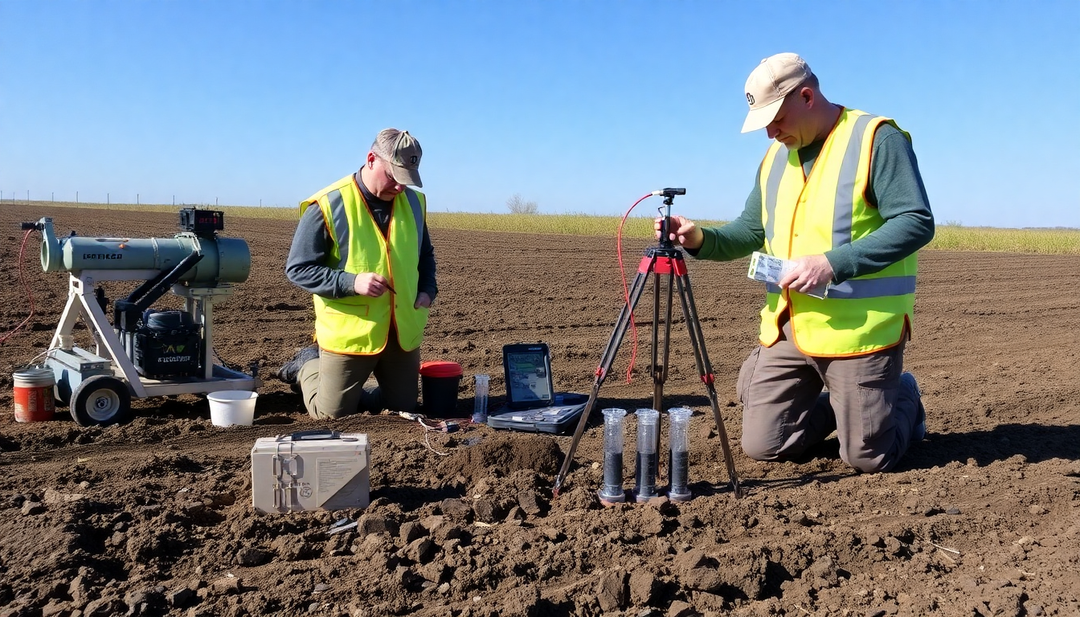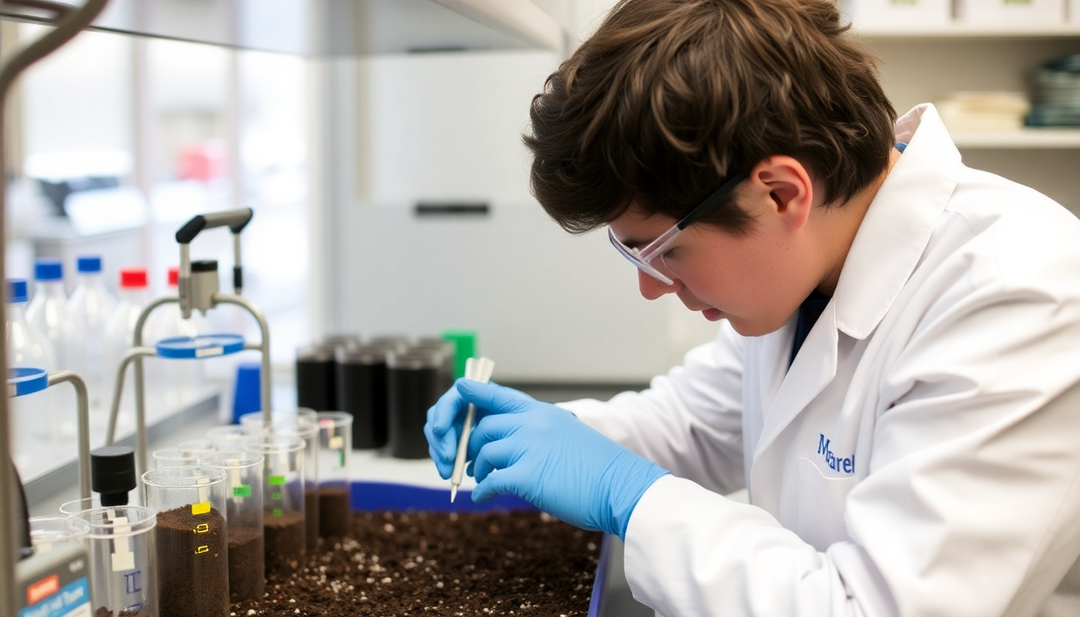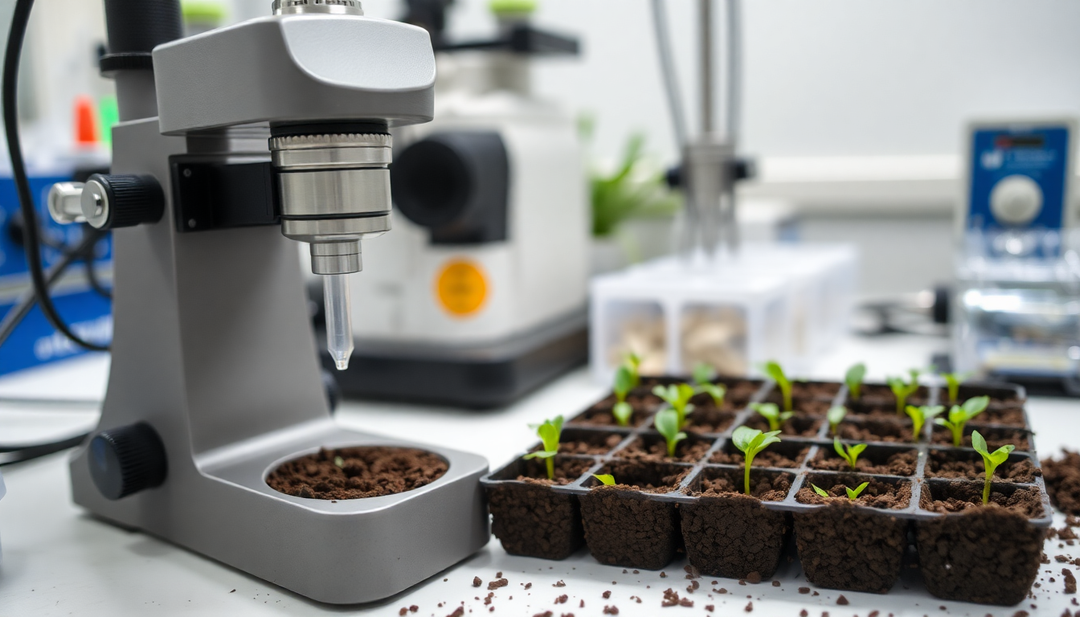My child eats dirt: What are the health risks?

My child eats dirt: What are the health risks?
It's quite common for a child to eat dirt, sand, or other inedible items at some point during their development. While this may seem worrisome to parents, it's essential to understand not only the real risks associated with this practice, called geophagy, but also how to respond effectively.
Why do children eat dirt?
There are several possible reasons for this behavior. In young children, it may be linked to their sensory exploration of the world around them. Texture, flavor (even if it's unpleasant for us), and oral exploration are integral parts of their learning. However, in older children, geophagia can also reveal nutritional deficiencies, particularly iron or zinc deficiencies. Furthermore, this behavior can sometimes be linked to anxiety or stress.
What are the risks associated with geophagy?
Eating dirt poses several potential health hazards to your child:
- Parasitic infections: Soil may contain parasites such as toxoplasma, roundworm eggs, or other intestinal worms. These parasites can cause digestive infections, sometimes serious.
- Bacterial infections: Some bacteria found in soil, such as salmonella or E. coli, can cause food poisoning, diarrhea, vomiting, and fever.
- Heavy metal poisoning: Soil can be contaminated with heavy metals such as lead or mercury. Ingestion of these metals can have serious neurological consequences, especially in young children whose nervous systems are still developing.
- Intestinal obstruction: In some cases, ingestion of large amounts of soil can cause intestinal obstruction, requiring medical intervention.
- Nutritional deficiencies: While geophagia masks a deficiency, it does not treat it. It is therefore important to consult a healthcare professional to identify and treat the underlying cause.
What should I do if my child eats dirt?
If you notice that your child is eating dirt, you can find some tips by following these guidelines:
- Stay calm: React calmly and avoid punishing your child, as this could make the problem worse.
- Identify the cause: Try to understand why your child is exhibiting this behavior. Is it simply sensory exploration, or is there a deeper cause?
- Clean the area: Keep your child away from the soil source and clean the contaminated area.
- Monitor your child: Observe your child carefully for any signs of infection (fever, diarrhea, vomiting).
- Consult a healthcare professional: If you are concerned or if your child is experiencing symptoms, consult your doctor or pediatrician. A blood test can help identify possible nutritional deficiencies.
Prevention
To prevent geophagy, you can:
- Supervise your child: Careful supervision, especially outdoors, is essential.
- Educate your child: Explain to him that eating dirt is dangerous for his health.
- Diversify your diet: Make sure your child has a balanced, nutrient-rich diet to prevent deficiencies.
- Create a safe environment : Keep sources of contaminated soil away as much as possible.
Geophagia in children is a behavior that should be taken seriously. Although often benign, it can pose health risks. By remaining vigilant, identifying the causes, and consulting a healthcare professional if necessary, you can protect your child.
Our blog is also:
Keywords: geophagy in children, children eating dirt, child health risks, dirt ingestion, parasites, bacteria, heavy metals, geophagy prevention, parental advice, child health, pediatrics



